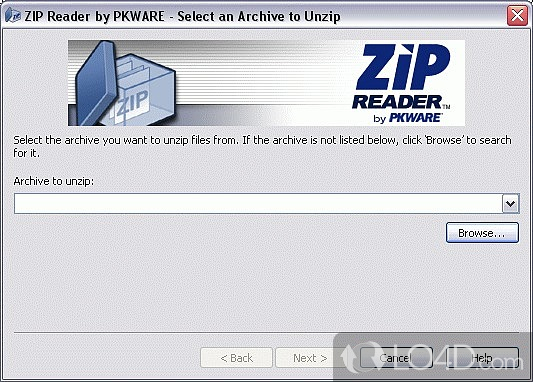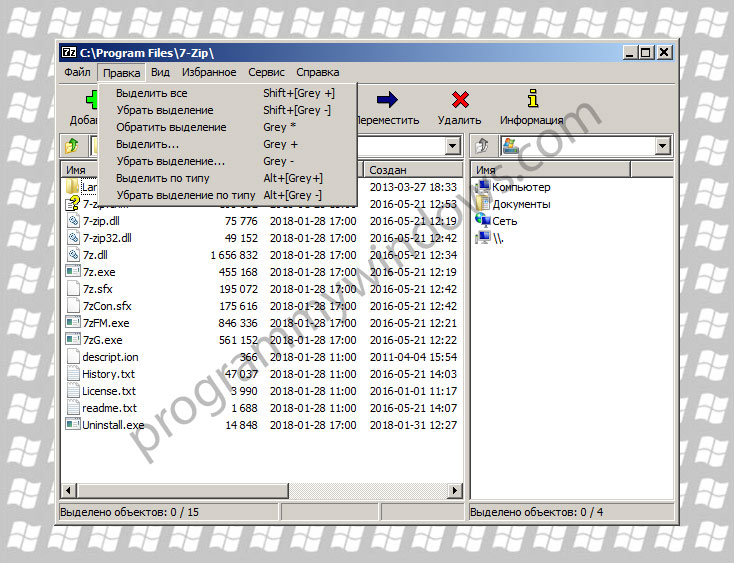
- Pkware vs 7zip archive#
- Pkware vs 7zip registration#
- Pkware vs 7zip verification#
- Pkware vs 7zip zip#
- Pkware vs 7zip windows#
Pkware vs 7zip windows#
A new command-line product was introduced in Windows 95, OS/2, UNIX platforms, called "PKZIP Command Line" (later expanded to "PKZIP Server"), which featured new command line syntax. DCL Implode extraction was supported on non-DOS ports. PKZIP 2.50 supported long file names on all builds, and Deflate64 extraction. DOS version of PKZIP 2.50 was released on, as its final MS-DOS product.
Pkware vs 7zip verification#
A new Authenticity Verification (AV) signature format was used. PKZIP 2.x also supported spanning archives to multiple disk, which simply split the files into multiple pieces, and using volume label on each drive to differentiate each other. zip) extension are in PKZIP 2.x format, and utilities to read and write these files are available on all common platforms. The resulting file format has since become ubiquitous on Microsoft Windows and on the Internet – almost all files with the. This new version dispensed with the miscellaneous compression methods of PKZIP 1.x and replaced them with the deflate algorithm (although several levels of deflation were provided by the program).
Pkware vs 7zip archive#
OS/2 version added ZIP2EXE and 2 self-extracting archive headers.


PKZIP's default compression behavior was changed from fastest (Shrink) to best (Implode). New utility included Thomas Atkinson's REZIP conversion utility (part of ZIP-KIT). Imploding was chosen based on the characteristics of the file being compressed.
Pkware vs 7zip zip#


Pkware vs 7zip registration#
The first version was released in 1989, as a DOS command-line tool, distributed under shareware model with a US$25 registration fee (US$47 with manual). ARC files, users began recompressing any old archives that were currently stored in. Led by BBS sysops who refused to accept or offer files compressed as. Although SEA won the suit, it lost the compression war, as the user base migrated to PKZIP as the compressor of choice. The announcement had been made following the lawsuit between SEA and PKWARE, Inc. The development of PKZIP was first announced in the file SOFTDEV.DOC from within the PKPAK 3.61 package, stating it would develop a new and yet unnamed compression program. Cooper's DWC, LHarc by Haruhiko Okomura and Haruyasu Yoshizaki and ARJ which stands for "Archived by Robert Jung". Other archivers also appeared during the 1980s, including ARC by System Enhancement Associates, Inc. These archives could optionally be passed through a stream compressor utility, such as compress and others. These utilities were designed to gather a number of separate files into a single archive file for easier copying and distribution. They include the Unix utilities ar, shar, and tar. By the 1970s, file archiving programs were distributed as standard utilities with operating systems.


 0 kommentar(er)
0 kommentar(er)
